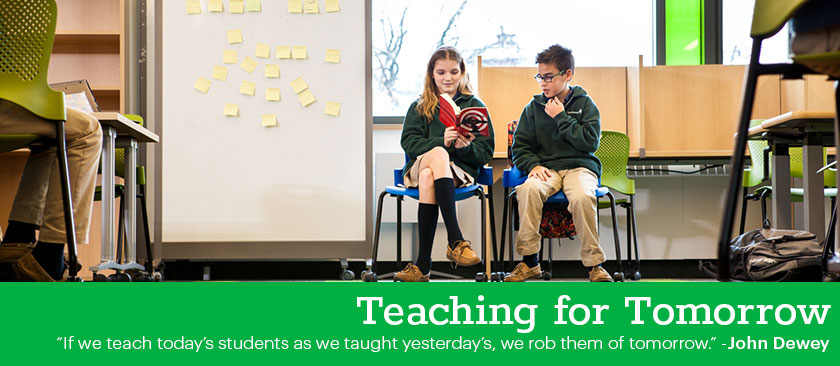The ability to develop solutions to open-ended problems is an important skill in a knowledge-based economy. Our Grade 9 Science students had an opportunity to gain practice with this skill through the culminating project in the Electricity unit.
Using knowledge developed in the unit, students had to design and build an electrical gadget. This gadget had to include an energy source (battery), conducting wires, and multiple loads (lights, motors, etc.) Students also had to use ammeters and voltmeters to measure their gadget’s current and voltage, and predict how much energy the gadget would use over a 24 hour-period.
Very few initial designs produced the desired result. Consequently, students were forced to continually re-think their initial assumptions and try another approach, which is a key element of effective problem solving. This process also enabled students to demonstrate perseverance and engage in meaningful teamwork, another essential element of problem solving.
Overall, this project enabled students to take risks in thinking and creating, which will be immensely helpful as they move forward with their learning at Greenwood and beyond.










